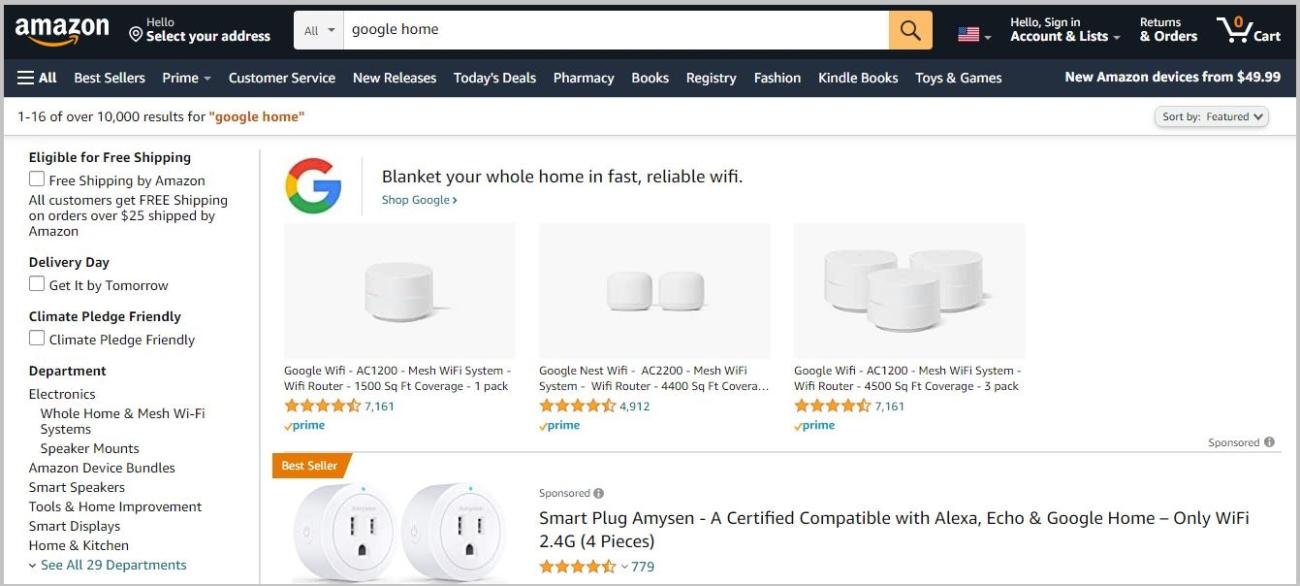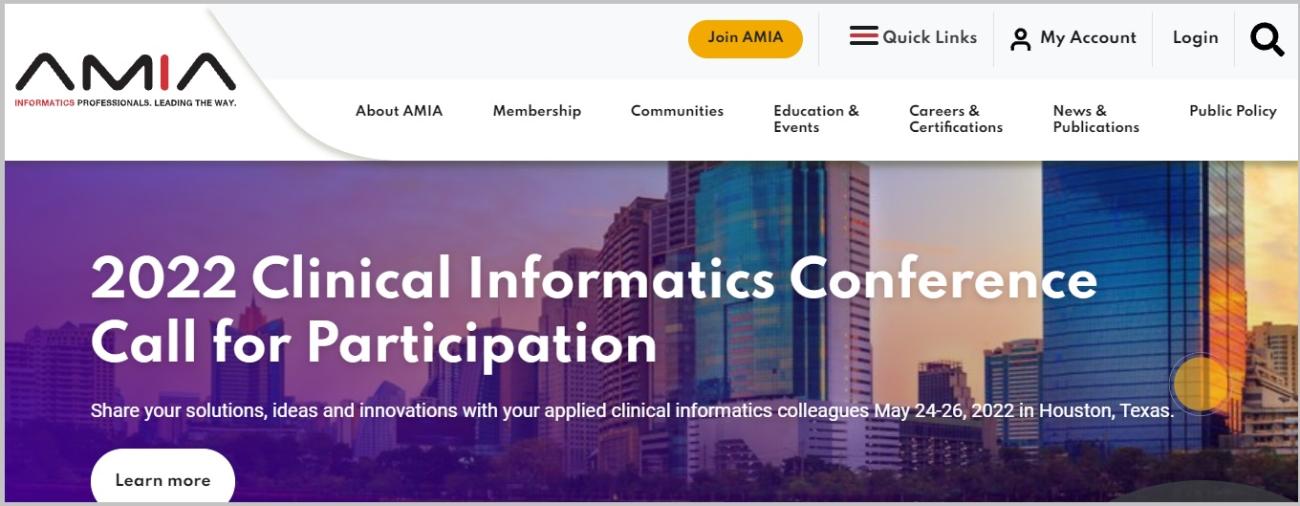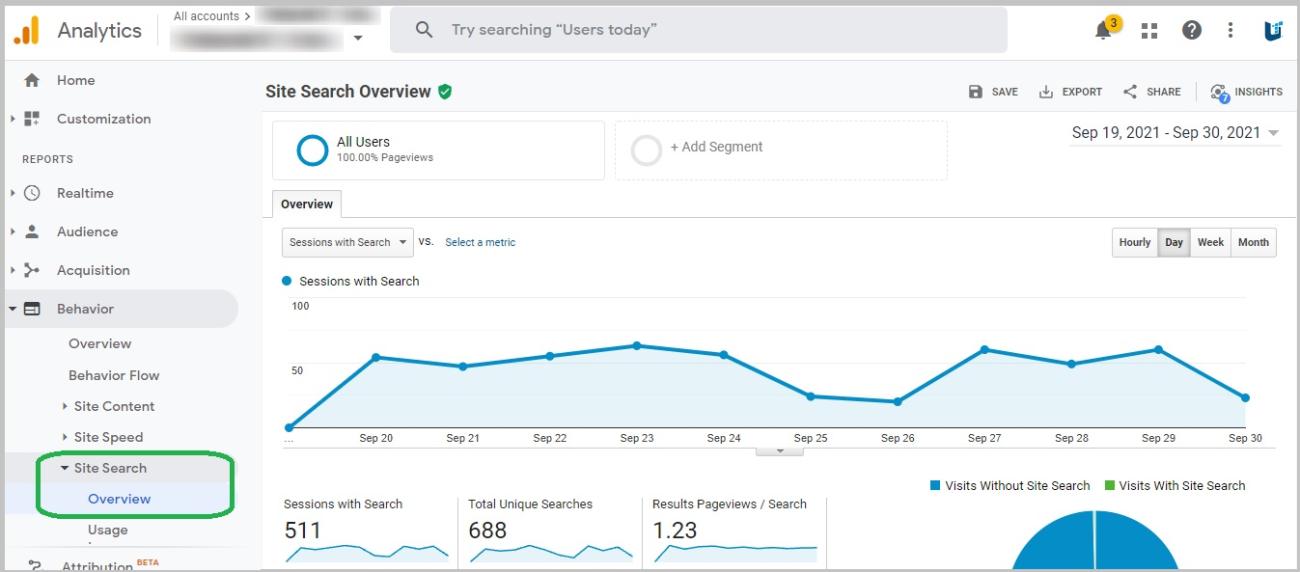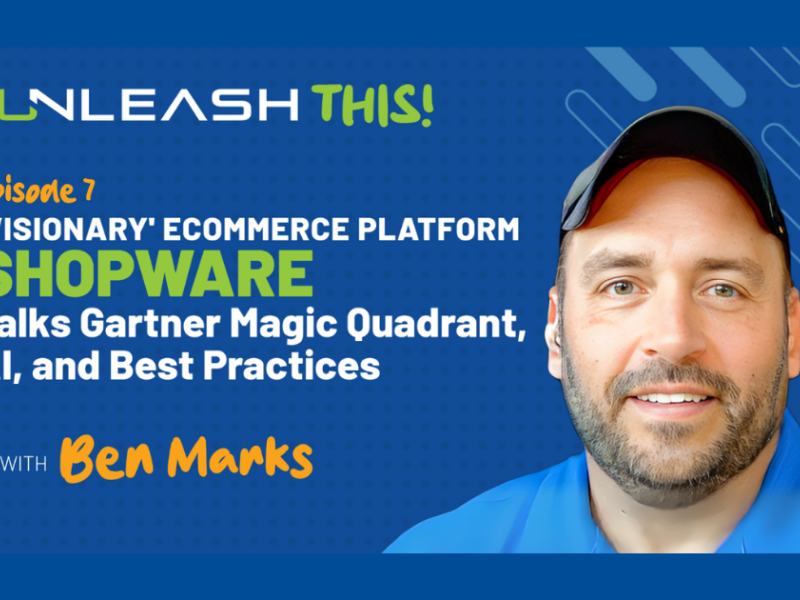Faceted Search: Medicine that Can Cure an Ailing Site Experience
There's a killer feature missing from many websites that often gets overlooked and has a ton of benefits for both users and organizations.
Not to sound too much like a Wild West medicine man, but this feature has a ton of benefits:
-
It can alleviate pressure on your information architecture
-
It can reduce the number of clicks needed to find what users are looking for
-
Embracing it can boost your SEO
-
Tracking it can support your larger strategic objectives
-
It can support numerous targeted content efforts
-
It can make your site significantly more relevant to a wide range of users
-
It can make your site more sharable
-
And if you've got straight trousers, it'll give you flares (Oh, wait, this last one is from a Big Audio Dynamite song)
This mystical, magical feature is a combination of faceted search and featured results on your website’s search.
We live in an age where we’re constantly making choices and filtering our options.

-
On Amazon
-
On Netflix
-
When we now use QR codes and use our phones to order at restaurants
-
When we choose what type of Lyft or Uber we want to pick us up.
-
When we use Kayak and other air travel sites to find the best flight for our schedule and budget
Yet, when it comes to sites with multiple content types, categories, and topics, we’re often just relying on the default search options presented by our CMS of choice. We can spend so much time obsessing as an organization about items on the bottom third of a home page and relatively little properly serving audiences when they choose to use your site’s search.
We often assume that the paved roads and sidewalks we meticulously put down to guide our users to where we think they need or want to go are the best path for them to take. We perhaps get a bit blinded because of how much of our time we spent figuring out who they are and what makes them tick.
Meantime, many of those users can take a TL;DR (too long; didn’t read) approach to sifting through navigation. They instead plug in the term they think will get them the results they need. It's possibly the most reasonable action to take, given that Google’s home page is intentionally little more than a search box.
So, let’s break down some of the benefits listed above to help you make a case for prioritizing this killer feature.
It can alleviate pressure on your information architecture

I’ve worked with my share of sites that go well beyond 10,000 pages. There’s no way you can map out a “perfect” information architecture when you're in this territory. You can guide people down pathways that can get them headed in the right direction, but if you have a well-formed search results page with facets and featured results, you can help ensure that users don’t spend clicks they don’t want to make going down paths they’re not sure they want to visit.
Embracing it can boost your SEO
Typically, there are collections of search terms where your site has a single “best” result. This is often a landing page dedicated to that topic that can provide your users with proper context and easy-to-navigate options for learning more about related services, thought leadership, events, or more.
By keeping an eye on what people are searching for and nurturing ideal landing pages for those keywords, you can develop good habits to improve your overall site SEO.
If you also ensure searches for those terms include “featured” search results, you can boost users' odds of visiting the right page first. Users will then come away with a better appreciation of your organization after enjoying an optimal site experience.
There’s an additional benefit to intentionally pinning top pages as featured results. Often, your best page for a given search term is also one of the older pages on your site. With many default site search results, newer content can appear higher and effectively bury the best results. I call avoiding this predicament “fighting the tyranny of the recent.”
Tracking it can support your larger strategic objectives
How often do you have direct, targeted conversations with your users about their needs? Many organizations can let weeks, months, or even years slip by between such encounters.

However, suppose you routinely report on your users’ searches within your site. In that case, you can feel more connected to them and ensure that your understanding of their needs informs your strategic objectives.
And why not take it to the next level?
Once you get a reporting structure in place, you can turn an image of top search terms into a screen saver in your conference room or as a recurring slide during your monthly company meetings.
It can support numerous targeted content efforts and make your site more sharable
Another great option, when you properly configure your faceted search, is the ability to have URLs with query strings that enable you to replicate the specific facets you used on your search. Doing so presents options for your content team and your audience to turn your site’s search into a tool they can use for their own needs.
For your content team, you can generate custom URLs that you can add as links throughout your site to refer people to relevant collections of your content.
Users who often are searching on behalf of someone else can take their search results and share them with others. Doing so ensures the recipient goes to precisely the content most relevant to them and not the dreaded “front door” of your search page.
So, how do we get started?
Fortunately, if you are working with an existing Drupal or WordPress site that is lacking this killer feature, we can help. We have inherited numerous sites in addition to the hundreds we have built from scratch to support a range of clients in the association, non-profit, manufacturing, banking, and other industries.
We can work with you to analyze the state of your current content and the quality of how it’s tagged. We can also work to ensure your search results live up to their potential and provide a site experience that your target audiences have come to expect from their overall digital experience.


